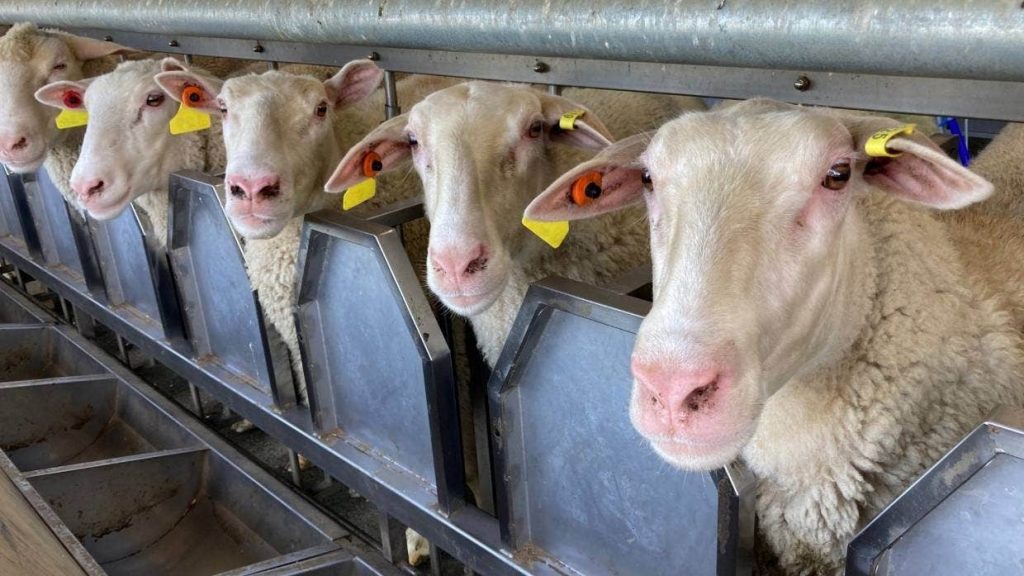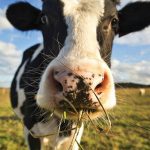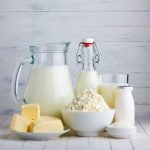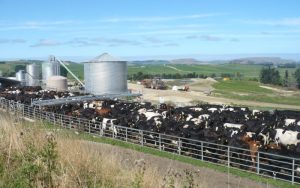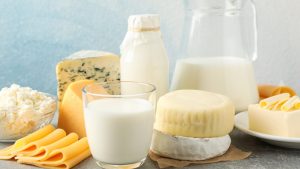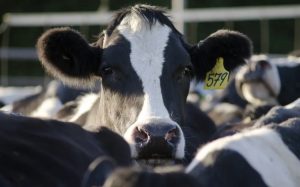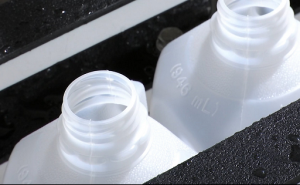
New Zealanders are well aware of our huge export income from cows’ milk powders, especially infant formula, which so many Asian mothers rely on. They may not know that there is an increasing supply of goat and sheep milk, some of which is made into infant formula and exported to many countries.
Drinking raw milk comes with a risk of contamination by harmful microorganisms such as the bacteria E coli. Milk from any animal source has to be heat-treated, most commonly by pasteurisation (75 degrees Celsius for 15 seconds) to kill any bugs, or the ultra-high temperature process (143C for 15 seconds). But what effect does that heat have on the good stuff in milk?
Dr Juliana Leite, a postdoctoral fellow at the Riddet Institute (Massey University), is working on a joint AgResearch-Riddet Institute project studying the effect of heat and drying processes (drying to make the milk powder) on enzymes present in milk from different species (cow, goat and sheep).
Enzymes are proteins that have a physical effect on other proteins, enabling or speeding up chemical reactions. There is a group of enzymes in milk called proteases (pronounced pro-tea-ayzes), which break up the big protein molecules in milk into smaller bits (peptides and amino acids) that can be absorbed by the gut. This is particularly important for infants whose digestion is immature. Some elderly people may also need help to digest proteins.
Although a lot of research has been done on cows’ milk, little is known about milk from sheep and goats. Leite has assessed the types and amounts of proteases in their milks, and found goat and sheep milk have higher amounts of a protease called plasmin, compared to cows’ milk. However, our dominant supplier by no means suffers in comparison. The margins are small and all of their milks are complete protein foods for most people.

Leite has found that rather than destroying or reducing the effect of proteases in milk, mild heat treatment, as applied in pasteurisation, actually increases the activity of some of these proteases. She has also discovered that the different heat treatment processes have different effects on each of the milk types. She is interested in ways of modifying milk treatment methods to protect and enhance their protease content.
Proteases are not just important as an aid to digestion. The peptides that result from their action can have particular effects, such as improving our immune function. Leite is studying what proteases produce what peptides, and what effects these peptides have in the body.
She imagines that, in future, the industry will be able to develop products with specific benefits for target populations – whether that be more digestible milks for the elderly or ones that result in peptides that help get you to sleep or boost your immune system.
